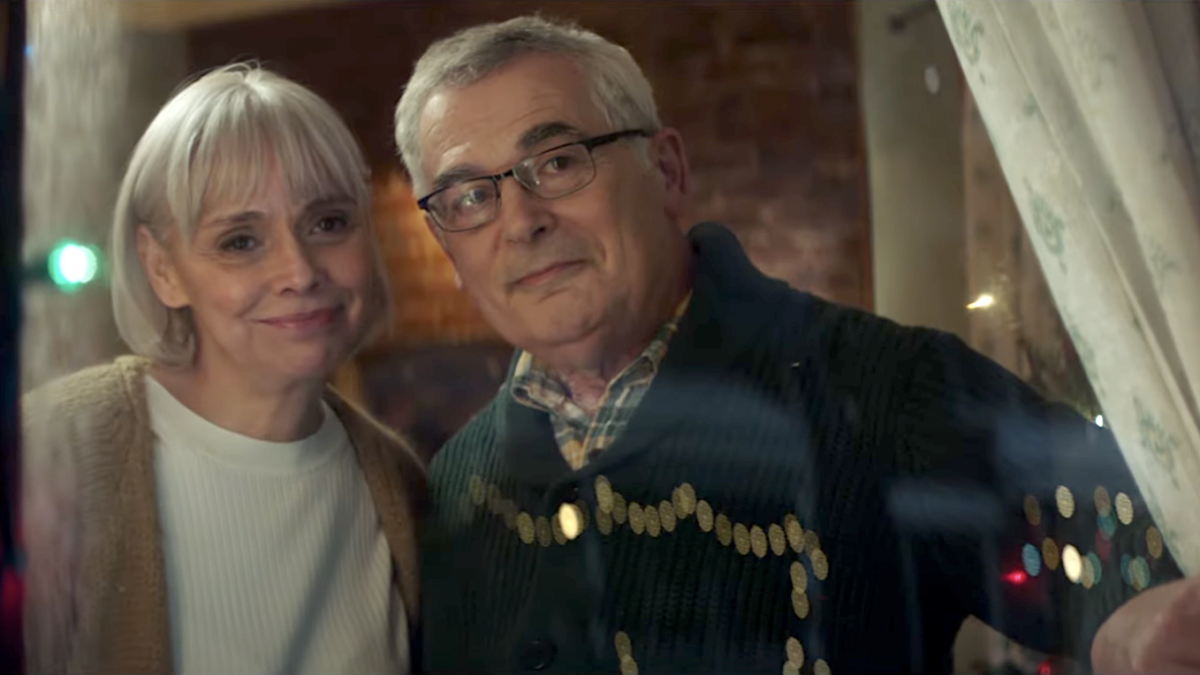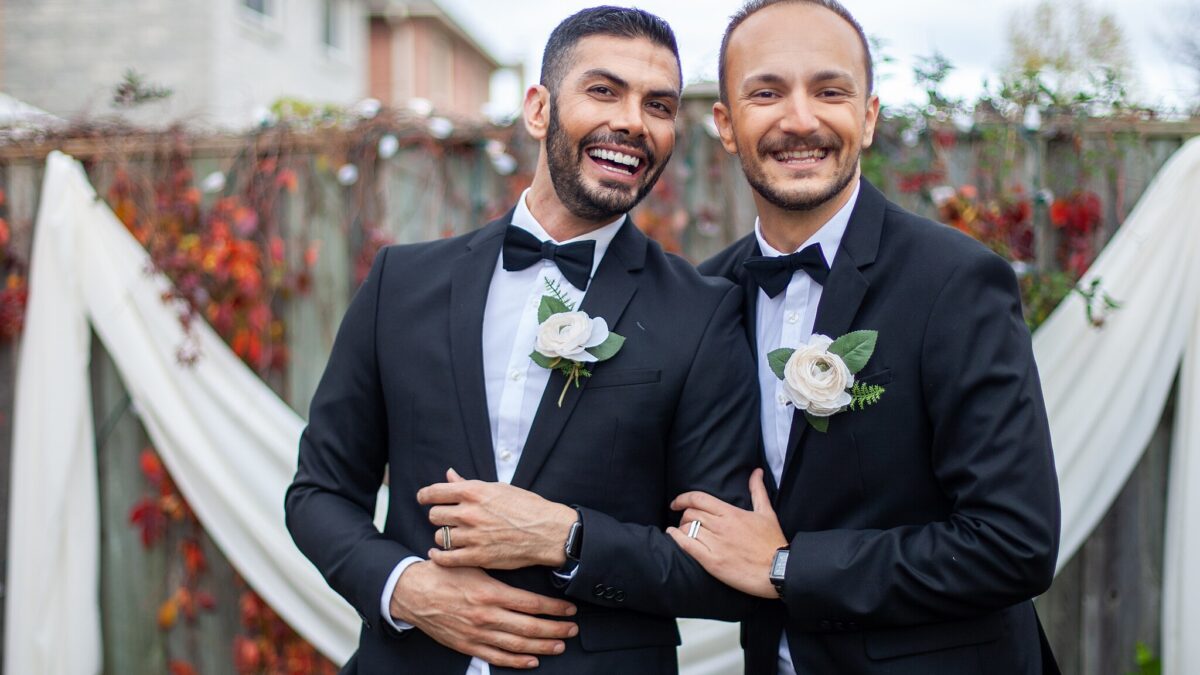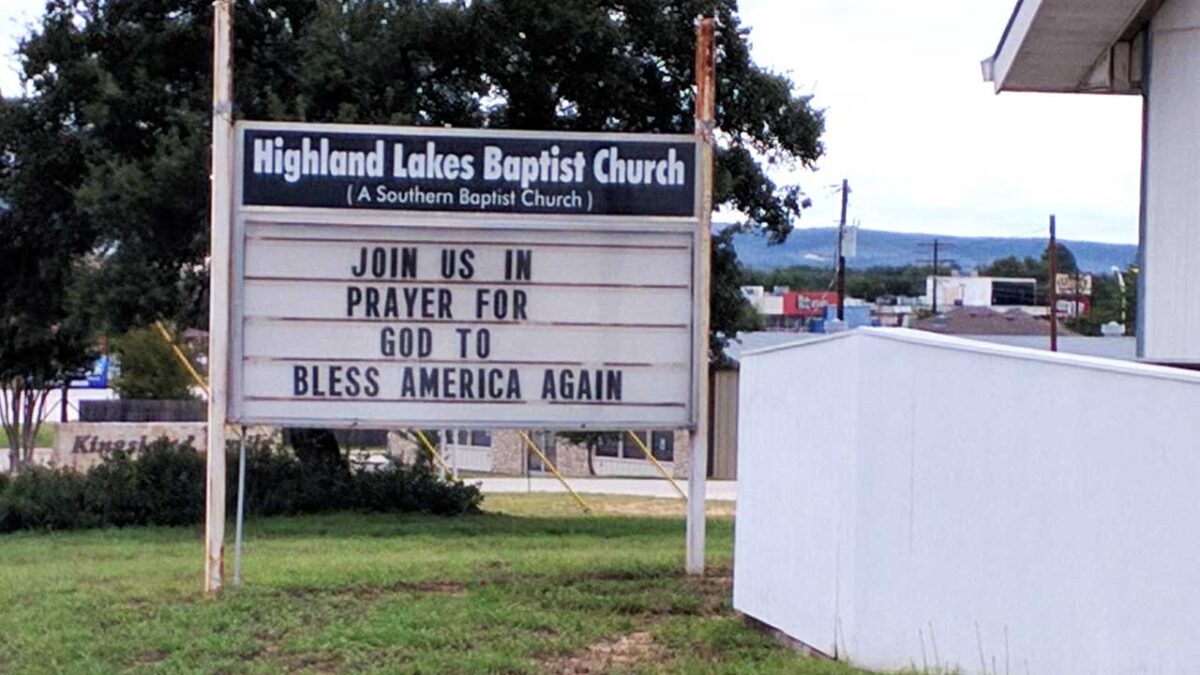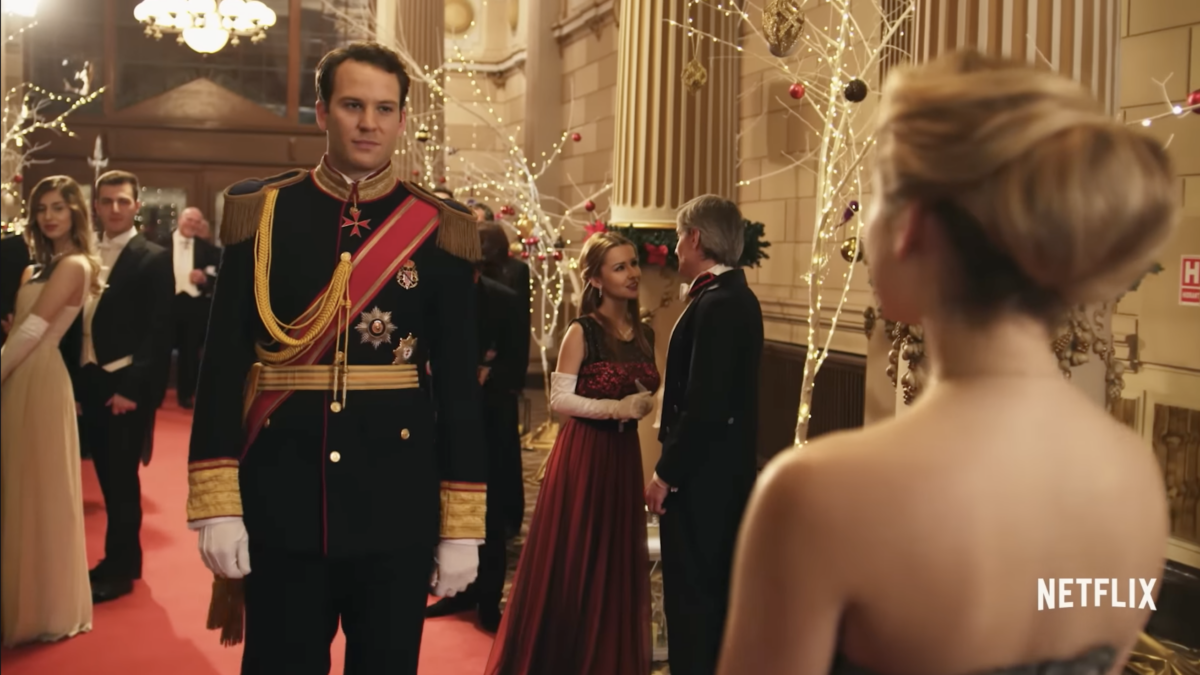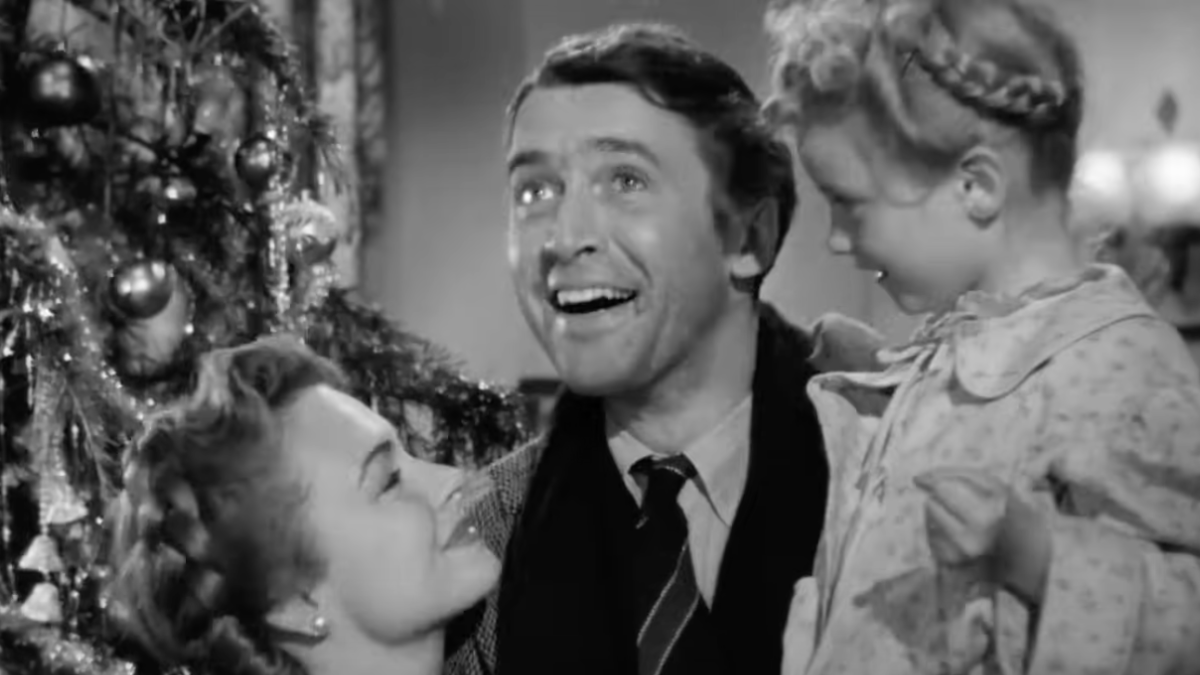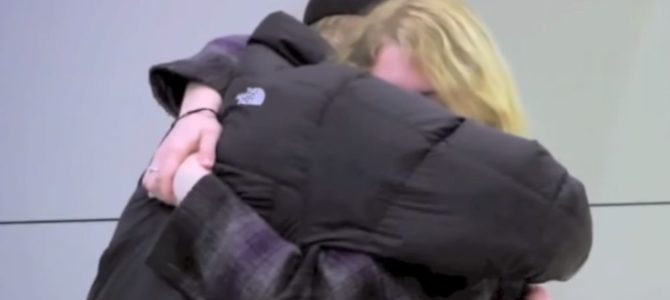
Science and Christianity long fought for the hearts and minds of men. Despite a majority of people believing in both, to some extent, there are fundamental differences between those who believe in a higher power and those who do not, with that divide often coming down to science.
A recent RadioLab podcast set out to explore the relationship between religion and science, by exploring a human relationship between a magician and an atheist. The result is 60 minutes of pushing comfort zones, but somehow pulling off the greatest miracle of all: a respectful, thoughtful disagreement, and a life saved.
For someone who believes in both, there are two refreshing primary takeaways from the podcast. First, that advocacy works. The right person or organization advocating for something they believe in can make a difference. The second is that individuals can fundamentally disagree with how something should be viewed or why things should (or shouldn’t be) done, but can work together to grow each other’s perspective and obtain a mutual goal.
A Mutual Goal Also Prompts Conflict
The podcast tells of a woman who enters a bone marrow registry to find out she’s a perfect match for a professional magician. Her donation saves his life. Because of the astronomical odds of him finding a perfect match through the registry and the parallels between their story and the story of Christ saving humanity, the man takes it as a sign that the God he knew in his childhood but had abandoned is real, and recommits to Christianity. He then uses the story at the end of his magic shows along with an invitation for others to both become Christians and enter bone marrow donation registries.
Storytelling thus works wonders to spread the message about bone marrow donations and transplants, and scripture. By weaving his religious journey story into the fiber of the show, the magician moves two of his personal missions forward. It is compelling, especially on the nights his marrow donor is in the audience and he reveals that to the crowd. In the recording, we can hear audience members gasp as they find out she is in the room. When she goes on stage to tell her side, and the importance of donation, the RadioLab hosts comment they can feel a change in the room.
This is uncomfortable for his bone marrow donor, who is an atheist and doesn’t think their match is evidence for God. Although she will join his jam-packed shows, it’s to help the cause of bone marrow donation. She reached out to RadioLab to help resolve her ethical concerns about promoting a cause she doesn’t believe in to help promote one in which she does.
She says she reached out because she felt like a fraud, that each night she went on stage she was encouraging something she didn’t believe in. Donation, yes. God, no. The pressure to be an example to people all over the United States felt deceitful.
They Can Both Be Right
This brings about the real substance of the podcast. The donor and recipient sit down together, now as long-term friends, and talk authentically and thoughtfully about how they completely disagree about the meaning of the donation. The also disagree about how they were matched. He believes God chose them and saved his life so he could be an evangelist. She believes that, statistically, their “perfect match” is really just chance. This instigates a conversation about which is correct, and concludes that both can be.
How can they both be right? When Christianity and science come head-to-head, there needn’t be an either-or. Some believe numbers are numbers, and statistics is a common language all cultures and religions can speak in explaining how the world works. Physics is physics, chemistry is chemistry, and you needn’t apply any beliefs to fields of science gain insight into how everything on earth happens, and at what rates.
Yet those who are religious see an extra layer that applies meaning to the information. This is where things get complicated. An example that comes up in the magician’s magic show is about card games. While the odds of pulling a specific card at any moment on stage is close to impossible, the dealer has an advantage. He knows what outcome he wants and how to manipulate the set to get it.
Both the donor and the recipient make very humbling and compelling arguments for why they ended up being matched for a marrow transplant, are such good friends, and have moved their discussion to a public forum like RadioLab. The greatest gift they give to the listener is pulling off a miracle: Giving proof that two people can fundamentally disagree about the basic tenets of existence, and still work together for a shared goal.
Their mutual goal saved a life. By the number of other people they have gotten to sign up for bone marrow registrations, I bet together they have saved hundreds of lives.


